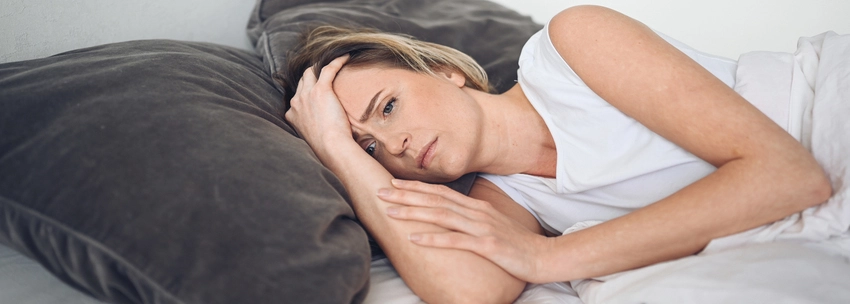The natural process of eliminating a chemical from the body is known as drug detox. A professional drug detox program, often known as “medically managed withdrawal,” on the other hand, comprises a series of treatments (such as medicines and other therapies) to control the adverse effects of stopping drugs safely.
What is a Detox Center?
It’s critical to understand the distinction between a professional detox program and substance abuse rehabilitation. In contrast, the terms “detox” and “rehab” are frequently used interchangeably. Substance abuse rehabilitation entails a collection of ongoing services to socially and psychologically rehabilitate someone suffering from drug addiction. On the other hand, medical detox facilities seek to medically stabilize patients, minimize withdrawal symptoms, prevent potentially hazardous withdrawal consequences, and help them transition into a substance
Why Should You Never Detox at Home?
When detoxing from drugs or alcohol, like with any severe disease or condition, you should do it under the care and supervision of a medically qualified specialist. A person in detox is at great risk for various problems, some of which are potentially fatal. Being accompanied by a team of skilled addiction experts, physicians, and therapists guarantees that you are kept as secure, stable, and comfortable as possible during the detox process.
Substances That Require Detox
Specific withdrawal symptoms are associated with various substances of abuse. Withdrawal symptoms can range from mild to life-threatening, depending on the drug. As previously stated, withdrawal symptoms are physical and mental symptoms when a drug-dependent individual abruptly stops or lowers their substance usage.
SAMHSA recommends medically assisted detox for the following substances based on safety and humanitarian concerns:
- Alcohol
- Sedative-hypnotics (such as benzodiazepines)
- Opioids (which includes prescription painkillers or heroin)
Detox frequently involves medicines that imitate the effects of narcotics in order to alleviate withdrawal symptoms. Medicines can also be used to treat co-occurring disorders or to alleviate general pain. Cocaine withdrawal, for example, is purely psychological. Detox entails dealing with early cravings and anxiety. However, physical symptoms of alcohol withdrawal might result in convulsions or death in certain situations.
Alcohol and benzodiazepines are the most hazardous drugs to detox from and frequently necessitate medicine. Opioids, particularly heroin, are thought to be the most difficult to detox from.

